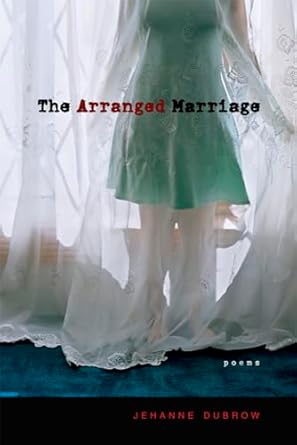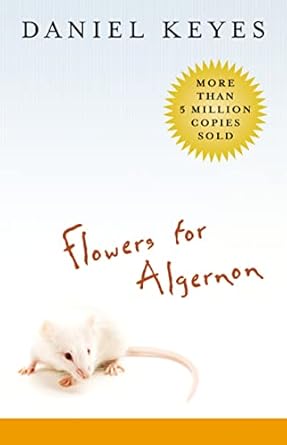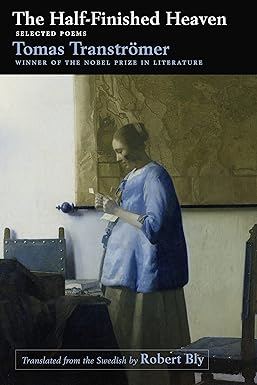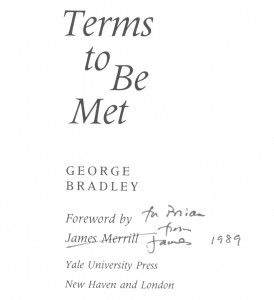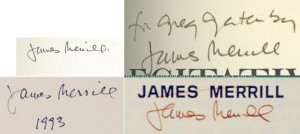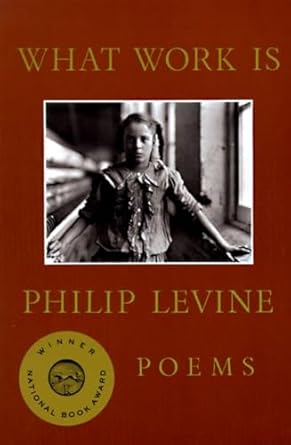My kids have been obsessed with the Broadway musical “Hamilton,” and the soundtrack seems to be on perpetual loop in the house. So it’s perhaps not surprising that I woke up on Wednesday with the tune “The World Turned Upside Down” in my head. When I was a kid, I learned in school that the British piped that tune (the ballad, not the Broadway ditty) during the surrender at Yorktown. Modern historians are skeptical of that claim, but it certainly has an air of truthiness about it. And I’m sure many people on Wednesday felt much like the British did all those years ago—stunned and chagrined. What should have been an easy victory turned into a dirty and protracted campaign. The Continental army had no idea what it was doing, was breaking all the rules and seemed to be learning as it went along. No one seriously though they could win. And yet, they shocked everyone—including themselves, I’d guess.
But the lyrics from Hamilton were soon supplanted by a few lines from Yeats, written about 100 years ago:
Mere anarchy is loosed upon the world,
The blood-dimmed tide is loosed, and everywhere
The ceremony of innocence is drowned;
The best lack all conviction, while the worst
Are full of passionate intensity.
These lines from “The Second Coming” have shown their relevance time and again throughout the years, and they seem even more ominous this week. The future is uncertain, but one thing seems clear: it will not be pretty. Centrist policies based on fact and reason cannot hold against the anarchy of ignorance, fear, and disaffection. What puzzles me, though, is that many if not most Trump supporters were of an older demographic. I always thought anarchy was a young man’s game. In fact, I recall showing up on my first day of college wearing my circle-A tee shirt, bought at Zipperhead in Philly. I didn’t really want a devolution into chaos, but I did feel that the authoritarian institutions and traditional expectations were standing in the way of individual freedom and self-actualization (kind of a hippy-libertarian stance, now that I look back at it). And the punk in me can still see the allure of tearing everything down, just to wipe the smug grin off the face of the establishment. But the rationalist (and cynic) in me does not believe in a progress narrative anyway, and assumes that any institutions torn down will just be replaced with something equally ignominious. I’m also perplexed by how easily people swallowed the massive lies and hypocrisy. I guess even a lie can be told with passionate intensity. But we’re still dealing with the havoc wrought by an administration that used propaganda and outright lies to sell it’s self-serving and paranoid vision of the world. And getting back to Yeats, part of me wonders whether all those evangelicals who turned out in force were consciously voting for someone who, they thought, would bring about the second coming, the war of Revelations, the rapture. It’s more likely they’ll get the zombie apocalypse.
On the bright side, tumultuous times often lead to the most enduring works of art, as Yeats’ poem demonstrates. Perhaps the new administration will unwittingly foster a renaissance in American art and literature, even as it dismantles the NEA and moves to stifle all dissent.

